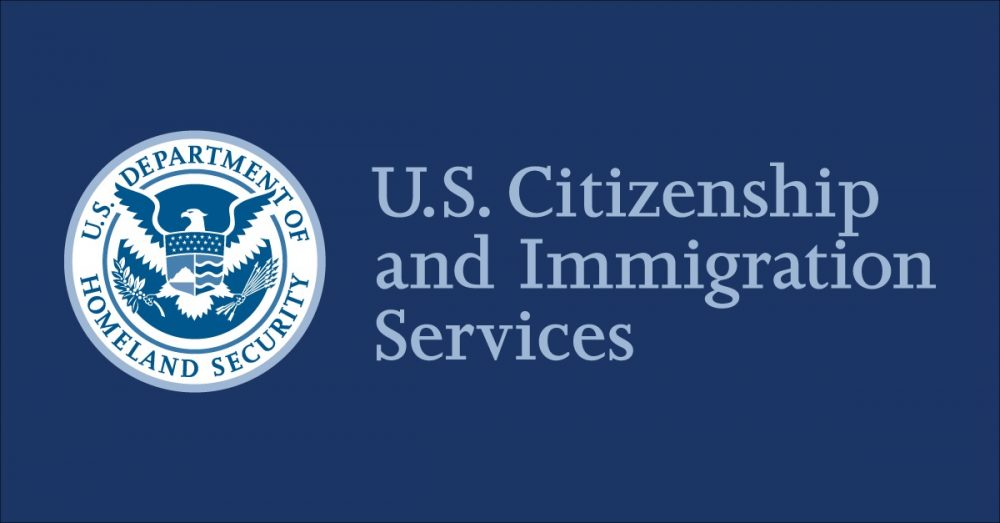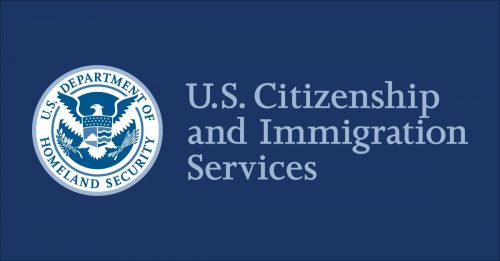
Premium processing expedites H-2B, R-1, other service requests generally within 15 days.
US Citizenship and Immigration Services (USCIS) is increasing fees for premium processing to expedite the adjudication of certain forms, including H-2B or R-1 nonimmigrant status, from Oct. 19,
The increase comes into effect under the Continuing Appropriations Act, 2021 and Other Extensions Act, Pub. L. No. 116-159, signed into law on Oct. 1, it announced Friday.
The USCIS premium processing service allows petitioners to pay an additional filing fee to expedite the adjudication of certain forms, generally within 15 days.
The Act included the Emergency Stopgap USCIS Stabilization Act, which requires USCIS to establish and collect additional premium processing fees, and to use those additional funds for expanded purposes, USCIS said.
The fee for Form I-907, Request for Premium Processing, has been increased from $1,440 to $2,500, for all filings except those from petitioners filing Form I-129, Petition for a Nonimmigrant Worker, requesting H-2B or R-1 nonimmigrant status.
The premium processing fee for petitioners filing Form I-129 requesting H-2B or R-1 nonimmigrant status is increasing from $1,440 to $1,500.
Any Form I-907 postmarked on or after Oct. 19 must include the new fee amount. USCIS said if it receives a Form I-907 postmarked on or after Oct. 19 with the incorrect filing fee, it will reject the Form I-907 and return the filing fee.
For filings sent by commercial courier (such as UPS, FedEx and DHL), the postmark date is the date reflected on the courier receipt.
USCIS said it can expand premium processing to additional forms and benefit requests under the law, but it is not yet taking that action.
Any expansion of premium processing to other forms will be implemented as provided in the legislation, it said.
A federal judge in California had earlier this month blocked a proposed general fee hike for a wide range of immigration services including H-1B, L-1B work visas, student visa, and naturalization just a day before it was scheduled to go into effect on Oct. 2. But the order did not cover premium processing.



